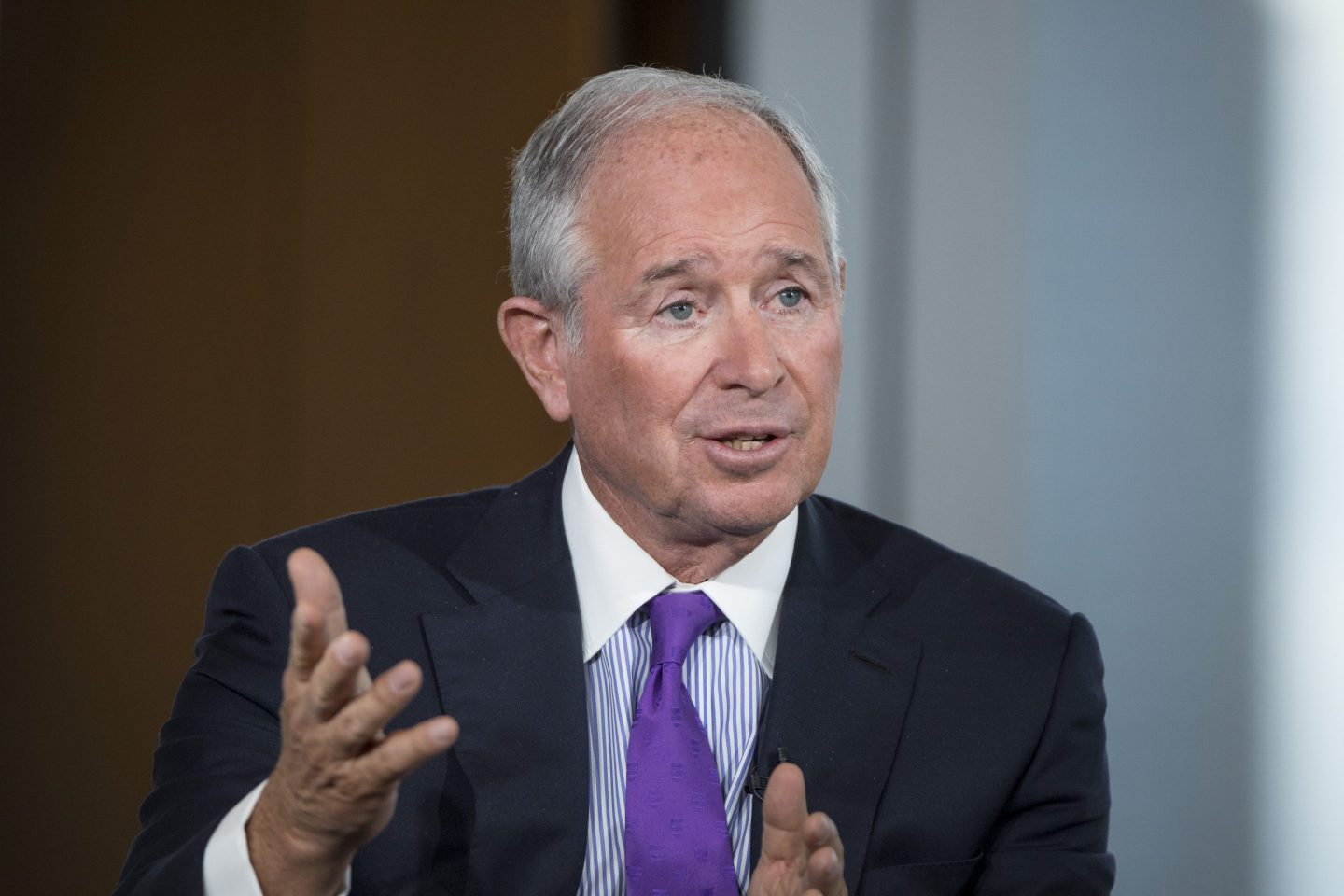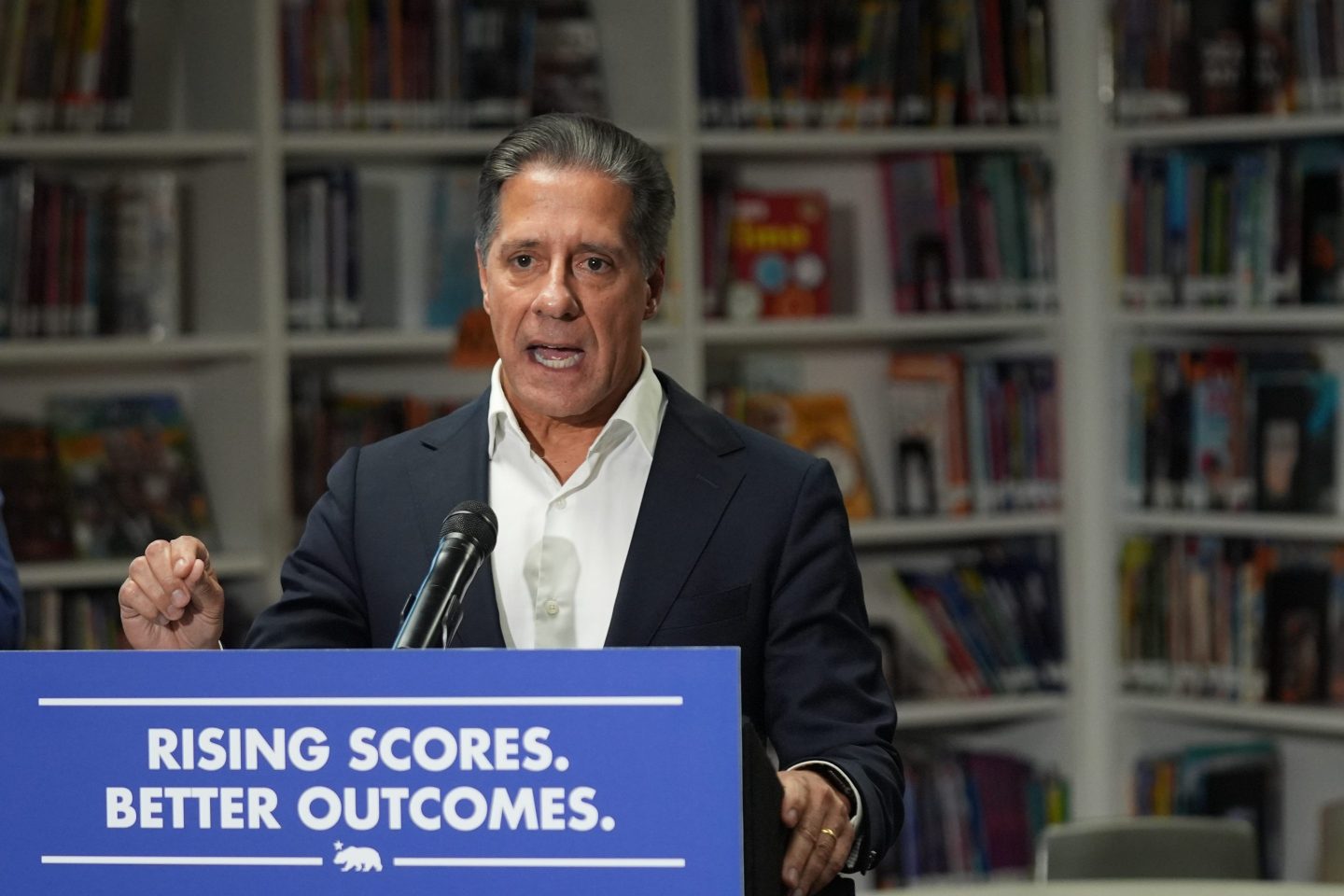The first televised debate between the two candidates has come and gone, and the loser was the American people.
By all accounts, Clinton was the clear winner of the contest, though Trump fans certainly found plenty to cheer about. But all the time in front of the mirror practicing the right amount of smiling clearly paid off for the democratic candidate. Despite being interrupted 51 times, Clinton seemed calm, prepared and was able to bring out some nuanced ideas in between parrying about unreleased tax returns and deleted emails.
Unfortunately, those ideas went largely undiscussed. On the topic of race, Trump used his time to conjure up old stereotypes of black and brown people living in “hell” in the “inner cities,” declaring himself to be a “law and order” candidate, advocating for the return of stop and frisk, a policing tactic that was not only profoundly unpopular with communities of color, it was ruled unconstitutional. It also didn’t work. He didn’t offer much else.
By contrast, Clinton did an admirable job advocating for communities of color, highlighting their vibrancy while addressing the barriers that continues to dog their progress. One example:
“Too many young African-American and Latino men ended up in jail for nonviolent offenses and it’s just a fact that if you are a young African-American man and you do the same thing as a young white man, you are more likely to be arrested, charged, convicted and incarcerated. So we’ve got to address the systemic racism in our criminal justice system.”
While Trump’s tough bluster sounds like common sense, particularly for voters who are frightened by protests and violence, it’s mostly nonsense. Though the murder rate and violent crime did tick up somewhat in 2015 – only in certain communities – crime overall remains near record lows. There is a lot of good news out there, and a lot to build on.
But nothing got built last night, not even a wall. And by not digging in more deeply to the proposed remedies for the problems communities of color are facing – education, safety, police and criminal justice and jobs – we were left with nothing to discuss but Hillary’s presidential “look” and Donald’s sniffles.
NOTE! We’re switching to a new email provider soon. To ensure delivery of this newsletter, please whitelist or add fortune@email.fortune.com to your address book.
On Point
| Ivy League prof: We don’t want faculty of color |
| A University of Penn professor makes a bold claim: Fancy schools don’t hire faculty of color because those candidates often don't attend elite schools themselves, and aren't mentored by famous educators. “What people forget is that attending the elite institutions and being mentored by prominent people is linked to social capital and systemic racism ensures that people of color have less of it.” |
| Washington Post |
| Variety to hold its first-ever diversity conference |
| The entertainment media stalwart has announced a conference on November 1st, which promises to address the lack of diversity in the entertainment industry, including gender, race and ethnicity, aging and sexuality. Industry bigwigs are signing on to speak. AARP is a co-sponsor, and Pharrell Williams is attached to keynote. |
| Variety |
| Why the diversity policy at your start-up will fail |
| David Delmar, a professional designer and interface developer, says that people who run tech companies should ask themselves why the diversity issue never improves. Most likely answer: They’re picking people who are exactly like themselves, despite their best intentions. Look more deeply at candidates who don’t fit the mold. “You are either hiring for level of experience, or you’re hiring for diversity of experience. Stop waiting for those two things to coincide,” he says. |
| Boston Globe |
| Books are being banned in prisons |
| According to experts, books are being banned from prison libraries at an alarming rate, and often for arbitrary or capricious reasons. Although banning occurs in prisons nationwide, some states are particularly aggressive. Texas has 15,000 banned books but the list “is growing exponentially. Once a book goes on it never comes off.” |
| The Guardian |
| A campaign for universal basic income using network theory |
| Think of this as a master class in complex systems theory that also happens to be a call to action for universal basic income. Technologist Scott Santens believes that a basic income will build a better social system, so he’s using his own weak tie network to connect with people who feel the same way. “People without access to money are disconnected from many networks. They are disconnected from friends and family. They are disconnected from markets. And they are disconnected from democracy.” |
| Scott Santens blog |
The Woke Leader
| How to have difficult conversations about race with kids of any age |
| Facing History is a tremendous resource for educators who are dedicated to helping kids examine race, antisemitism and prejudice in productive ways. This guideline, in particular, offers excellent advice for anyone who wants to frame a conversation about the issues that are in the news. Yes, it's all about listening and empathy. |
| Facing History |
| A popular meme about equity will save the world |
| It was a simple cartoon designed to illustrate a complex concept: Just because something is equal, doesn’t mean that it’s fair. It showed three figures of different heights attempting to look over a fence – each needing boxes of different sizes in order to be able to see. The illustration began to appear in various iterations in presentations about justice around the world, much to the delight of its surprised creator. |
| Wired |
| The missing gospel in the new civil rights movement |
| Teacher Emily Sproul shares her thoughts on faith, history and why white churches needs to do a better job talking about institutional racism. “Members of my all-white church served our community through programs for mental health patients and distribution of food to the poor. But no one talked openly about the chronically disadvantaged or the unjust systems that kept them there.” |
| Baptist News |
Quote
|
|---|












